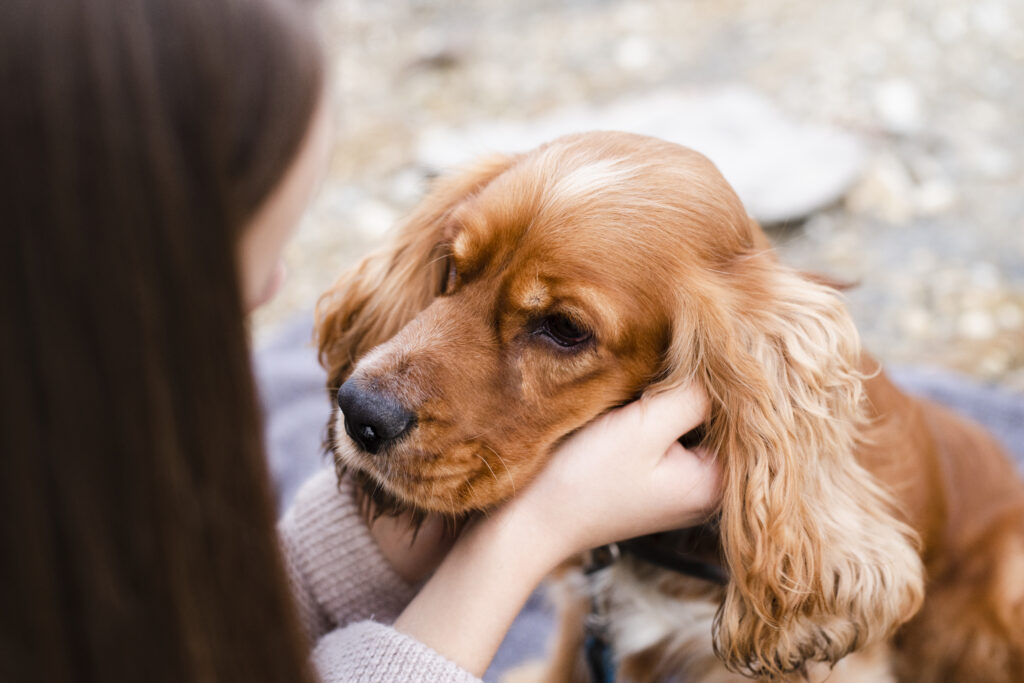Adopting a puppy is a unique and exciting experience, but understanding the typical behaviors during this period is essential to create a healthy bond and ensure your pet adapts well to its new home.
Curiosity and Exploration
Puppies are naturally curious and love to explore their surroundings. During the first days, they may sniff every corner of the house and try to chew on objects they find along the way. Make sure the environment is safe by removing any dangerous or toxic items.
Constant Energy and Playfulness
Puppies have a lot of energy and love to play, especially with objects they can chew on. Provide appropriate toys so they can have fun and relieve discomfort from teething, which happens between 3 and 6 months of age.
Fear and Distrust Phases
Between 8 and 14 weeks, puppies go through a critical socialization phase, where they may show fear of unfamiliar stimuli, such as people, other animals, or loud noises. It’s important to gradually expose them to new experiences to help them grow into confident dogs.
Constant Need for Attention
Puppies demand a lot of attention during the first few months, both physically and emotionally. This is the time to establish routines for feeding, play, and rest, helping your puppy feel secure and comfortable.
Accidents with Peeing and Pooping
In the first few months, it’s common for puppies to not know where to do their business. Positive reinforcement training is essential to teach them the correct places, always with patience.
Biting and Destructive Behaviors
Biting is a way puppies explore the world and relieve dental discomfort. Avoid reinforcing this behavior by offering alternatives, such as appropriate toys, and redirect their attention when necessary.
Extended Sleep
Despite their high energy, puppies also sleep a lot—around 18 to 20 hours a day. Sleep is crucial for physical and mental development, so make sure they have a quiet space to rest.
Attachment to Their Caregiver
Newly adopted puppies may show excessive attachment, following their caregiver everywhere. This is normal at first, but it’s important to encourage independence gradually to prevent future anxiety issues.
Adopting a puppy is a commitment that requires patience and dedication, but the reward is building a relationship full of love and trust. Understanding expected behaviors and how to handle them is the first step toward a harmonious life together.







